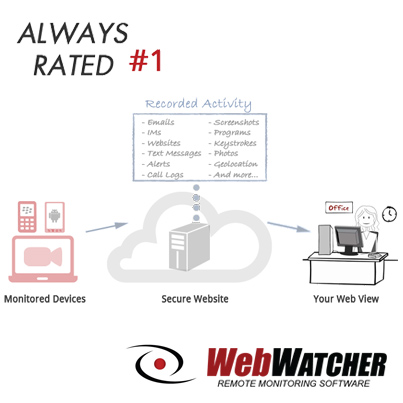At this point in technology history, most members of the younger generation are true digital natives. They’ve had access to computers, tablets, and smartphones since they were old enough to hold the devices or operate a keyboard and a mouse.
Parents have genuine concerns about certain dangers that their children may face online, but they may not be concerned about their teenagers falling for online scams. It’s easy for them to assume that their children will be savvy about potential online scams. And certainly, most teens and young adults believe themselves to be savvy enough to avoid falling for scams.
But increasingly, scammers are targeting younger users and tailoring the scams to look less suspicious to teens and young adults. Take a look at some online scams that teens and parents should be on the lookout for and find out how to avoid them.
Ticketing Scams
Tell a teenager that they can attend a concert featuring their favorite artist, and you’ll probably be instantly overwhelmed by their excitement. But if they’re planning to purchase the tickets online themselves, you may want to oversee the process. Ticketing scams are a common type of scam aimed at younger internet users.
The way that it works is that a criminal sets up a website that looks like a legitimate ticket website and sells tickets to upcoming festivals, concerts, or sporting events. However, either the buyer pays the money and the tickets don’t arrive, or the tickets do arrive, but they’re fake – leading to the buyer being turned away at the door of the event.
You can usually avoid scams by purchasing directly from the venue whenever possible. Double-check the website, as it’s not unheard of for scammers to use a URL and website design that is very similar to an official website in order to confuse targets.
Keep an eye out for a lock symbol in the web address – this assures you that you’re using a secure purchasing system. Investigate the site’s return policy before clicking “purchase”, and use a credit card, as opposed to a debit card or wire transfer, so that your purchase has some degree of protection. Type in the web address of the vendor you plan to use yourself rather than clicking through a link in an email or an online ad – scammers sometimes include fake links in emails or ads to draw in targets.
Job Scams
Teens and younger adults are often targets of job scams. It’s easy to see why – not being as familiar with the norms of job-hunting and filling out applications, they’re less likely to notice when something isn’t normal. Scammers post attractive job ads, then ask for personally identifying information that they can use in identity theft schemes. They may also ask for banking or credit card details to “verify identity”, then make withdrawals or charges.
In addition to the possibility of losing money from fraudulent bank transfers or credit card charges, identity theft can affect a person’s credit score, potentially affecting their financial standing for years to come. And of course, while a person is spending time on fake job ads, they may be missing out on real opportunities.
It’s always a good idea to research a person or company before sending them any identifying information. Be aware of what legitimate companies actually ask for in a job application, and avoid any offer of employment that requires some kind of upfront payment before the worker can begin earning.
You should also keep an eye out for misspellings or bad grammar in job ads or websites offering employment. While anyone can make a typo, actual professionals usually catch and edit these kinds of errors quickly. And of course, remember that any opportunity that sounds too good to be true probably is. If they’re offering a lot of money for seemingly little effort or investment, they’re probably not on the up and up.
Social Media Scams

It’s easier than most people think for scam artists to gather personal information from seemingly innocent interactions, and this happens all the time on social media. Information like a home address and telephone number, or a birth date could be enough to put someone at risk of being targeted for fraud.
Scammers also know how to trick people out of revealing other types of sensitive information that people may not immediately think of as sensitive. The name of a pet, a mother’s maiden name, or the name of your high school mascot may not seem like a big secret, but those are all commonly used security questions, and teens should know that sharing this kind of general trivia could put them at risk.
Teens need to understand the potential consequences of oversharing online. Even in a place that may seem safe and secure, like a private Facebook group, there could be scammers who have learned how to surreptitiously pump fellow group members for seemingly harmless information that could be used against them.
It’s also important to tell your teens to avoid clicking on links that are used for phishing purposes. Teens should avoid “free” offers of expensive gifts or anything else that seems suspicious, especially if they’re also asked to forward the link to others. Knowing whether or not an offer or advertisement is coming from a trustworthy source is vital to avoiding scams.
Parents should educate their teens about online scams and what to watch out for early and often. However, there’s no guarantee that your teen will always recognize a scam for what it is, even if they’re well informed. These schemes are designed to look legitimate, after all, and teens who have less life experience are often more trusting than adults.
Keeping an eye on what your teen is sharing online, what kinds of sites they’re visiting, and what links they’re clicking on provides them with an extra layer of protection. Parental monitoring software can help you in your effort to keep your teen and their personal information safe from scam artists. To find out how monitoring can help protect your teen’s finances and identity, get our risk-free trial.





